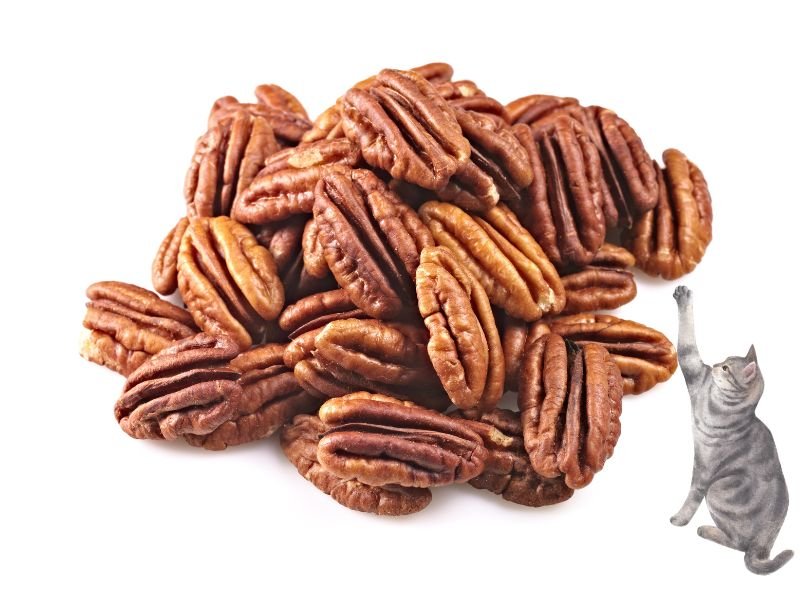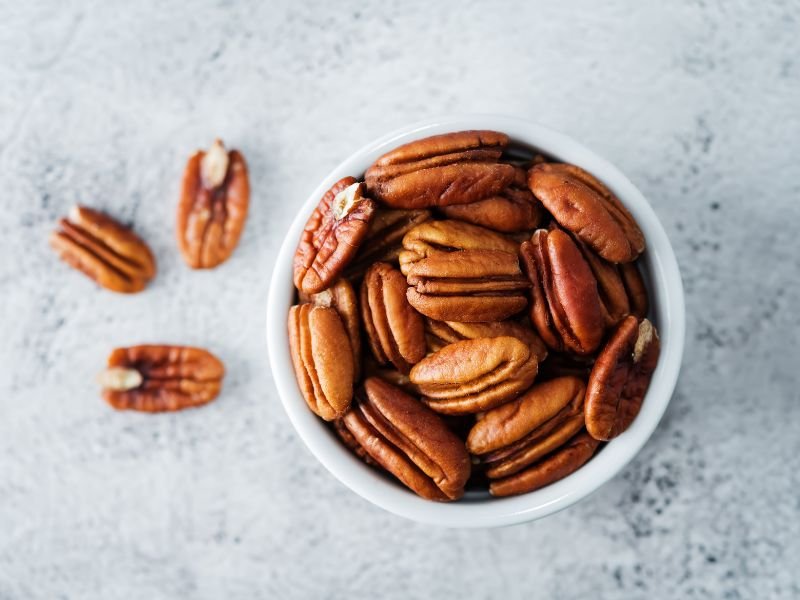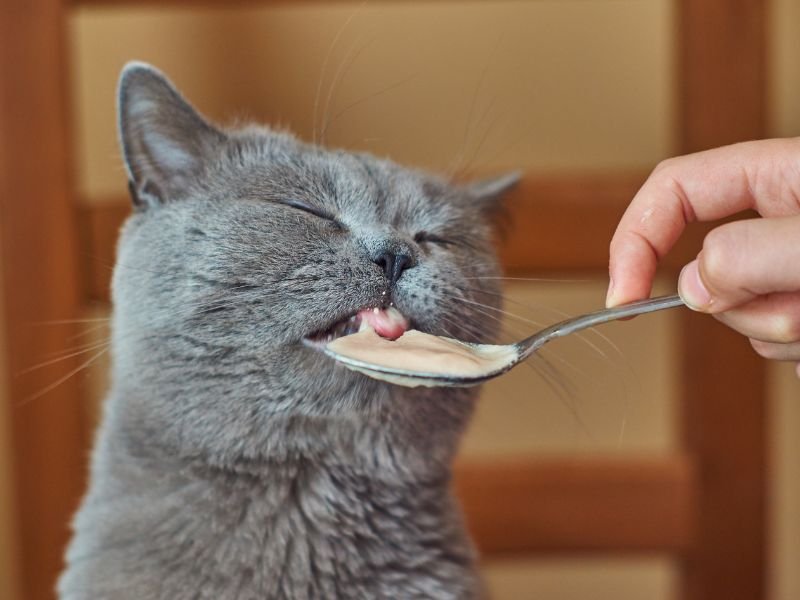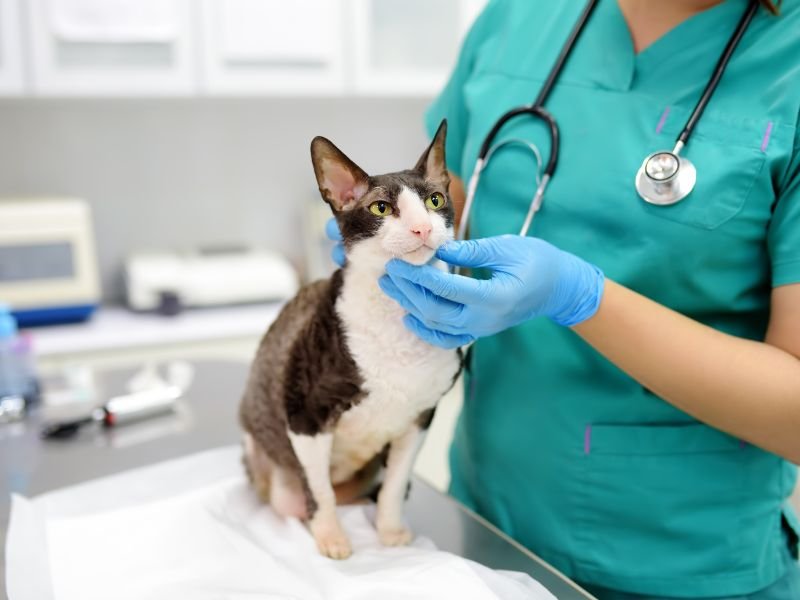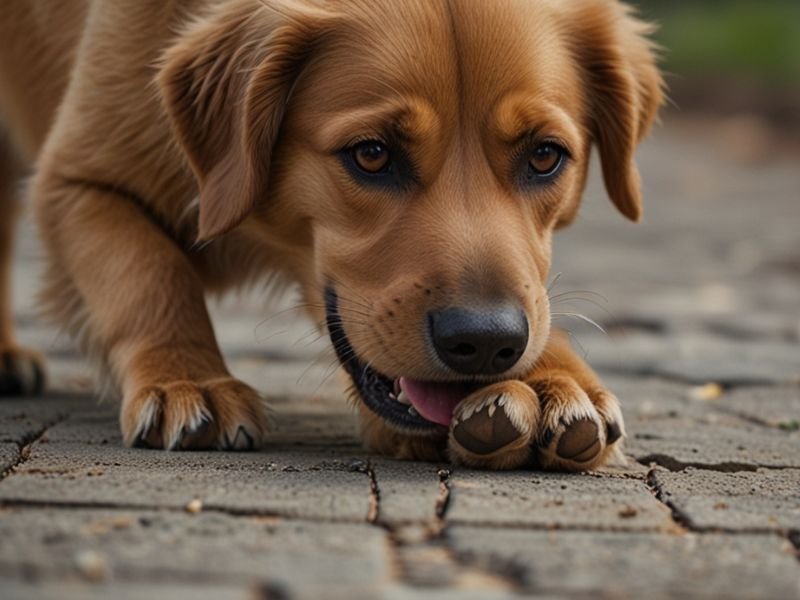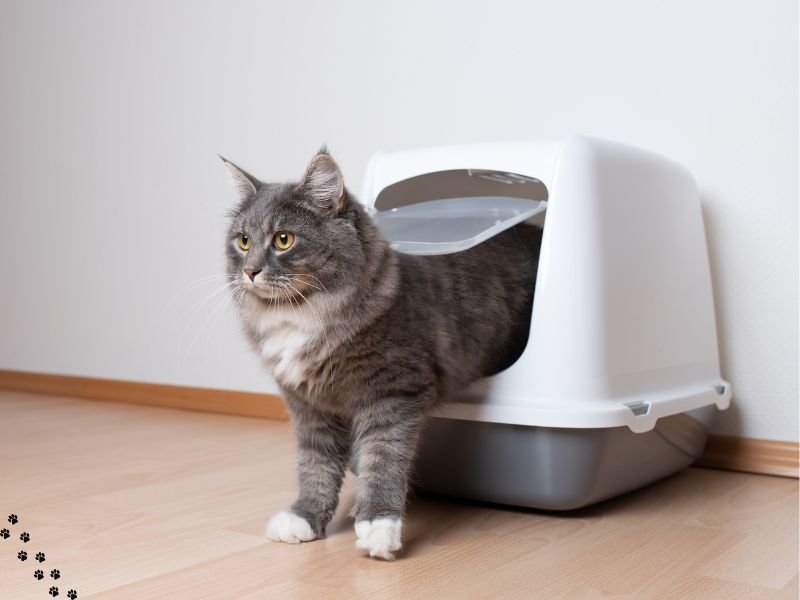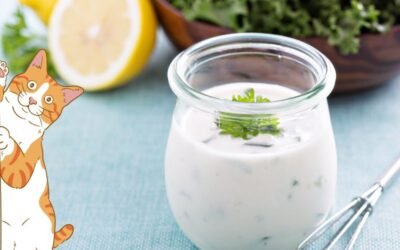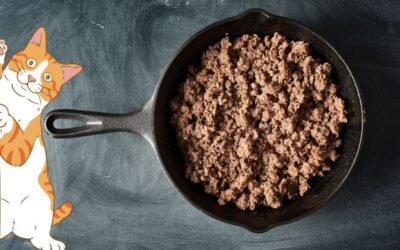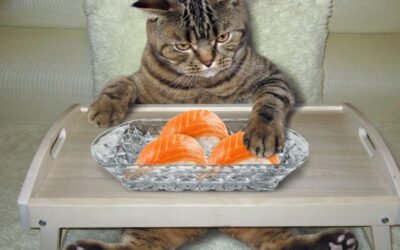The short answer is: yes, cats can eat pecans, but they are not recommended for everyday consumption. Cats have different dietary requirements than humans, and their digestive systems are not designed to process certain foods like pecans.
Table of Contents
The Risks and Benefits of Feeding Pecans to Your Feline Friend
Feeding pecans to your beloved feline companion may seem like a harmless treat, but it’s essential to understand the potential risks and benefits involved.
While pecans are packed with essential nutrients for humans, they may not provide the same benefits for cats.
In fact, there are several factors to consider before introducing pecans into your cat’s diet.
Potential Dangers of Pecans for Cats
First and foremost, the high-fat content of pecans can pose a significant risk to your cat’s health.
Cats are obligate carnivores, which means their digestive system is designed to process animal-based protein rather than large amounts of fat.
Excessive fat intake can lead to weight gain, pancreatitis, and even digestive upset in cats.
Moreover, pecans contain a compound called juglone, which is harmful to cats.
Juglone can cause gastrointestinal irritation and potentially lead to symptoms like vomiting, diarrhea, and stomach cramps.
Additionally, pecans’ hard shells can present a choking hazard and may cause digestive obstructions if swallowed.
Possible Benefits of Pecans for Cats
While there are numerous risks associated with feeding pecans to your feline friend, it is worth noting that pecans do contain certain beneficial nutrients.
Pecans are loaded with antioxidants, vitamins, and minerals that are essential for human health. However, cats have different dietary requirements, and their bodies may not metabolize these nutrients in the same way.
It’s crucial to remember that cats have specific nutritional needs, and their diet should primarily consist of high-quality, commercially prepared cat food.
This ensures they receive the appropriate balance of proteins, fats, and carbohydrates tailored to their unique physiology.
With that said, it’s always best to consult with your veterinarian before introducing any new food into your cat’s diet.
They can provide personalized advice based on your cat’s specific needs, ultimately ensuring their overall health and well-being.
By understanding both the potential risks and benefits associated with feeding pecans to your feline friend, you can make informed decisions about their dietary choices.
Prioritizing their nutritional needs and offering appropriate alternatives will help keep your cat happy, healthy, and safe from any potential harm.
Nutritional Needs: Are Pecans Safe for Cats to Consume?
In this section, we will explore whether pecans are safe for cats to consume based on their nutritional needs and overall health.
It is essential to consider the potential risks associated with feeding pecans to your feline friend and evaluate the benefits they may offer.
Pecans and Cats: A Risky Combination
While pecans are a delicious and nutritious snack for humans, they can pose certain dangers to cats. Pecans are high in fat content, which can be difficult for cats to digest properly.
Their digestive systems are not designed to handle large amounts of fat, leading to potential gastrointestinal distress such as stomach upset, diarrhea, or even pancreatitis in severe cases.
It is important to note that cats have a higher risk of developing pancreatitis compared to other animals.
Limited Nutritional Value for Cats
Pecans are packed with various nutrients that are beneficial for human health, including vitamins and minerals such as vitamin E, manganese, and magnesium.
However, cats have specific dietary requirements that differ from humans. They are obligate carnivores, which means their bodies are designed to derive nutrients primarily from animal-based protein sources.
Cats require essential amino acids, such as taurine and arachidonic acid, which are only found in animal tissues. Pecans lack these essential nutrients, making them an insufficient source of nutrition for cats.
As obligate carnivores, cats thrive on a diet high in animal protein, and a treat like pecans should not replace their regular balanced meals.
Keeping Your Cat Safe: Avoid Feeding Pecans
To ensure the well-being of your feline companion, it is best to avoid feeding them pecans altogether.
While occasional small amounts of pecans may not cause immediate harm, the risks and lack of nutritional value outweigh any potential benefit.
Instead, focus on providing your cat with appropriate feline-friendly snacks and treats that are specifically formulated to meet their nutritional needs.
By understanding the unique dietary requirements and potential risks associated with feeding pecans to cats, you can make informed decisions about their diet and ensure their overall health and longevity.
As responsible cat owners, it is important to prioritize their well-being by providing a well-balanced and suitable diet that meets their nutritional needs.
Common Symptoms of Pecan Toxicity in Cats and When to Seek Veterinary Care
We will discuss the common symptoms that may indicate pecan toxicity in cats and provide guidelines on when it is important to seek veterinary care for your feline companion.
It is essential to be aware of these signs to ensure the well-being of your cat in case of accidental ingestion.
Loss of Appetite
One of the earliest signs of pecan toxicity in cats is a sudden loss of appetite.
If your cat appears disinterested in its regular meals or treats, it could be a warning sign that something is not right.
Vomiting and Diarrhea
Cats that have consumed pecans may experience vomiting and diarrhea. These symptoms often occur as the cat’s body attempts to expel the toxic substances from its system.
If your cat is vomiting or has diarrhea and you suspect pecan ingestion, it is crucial to monitor their condition closely.
Lethargy and Weakness
Pecan toxicity can cause your cat to become lethargic, weak, or overall less active than usual. If your cat is consistently displaying low energy levels or seems less engaged in daily activities, it could be a cause for concern.
Abdominal Pain and Distension
Cats experiencing pecan toxicity may exhibit signs of abdominal discomfort, such as pain or distension.
If you notice your cat showing signs of discomfort, such as arching its back or vocalizing, it is important to consult with a veterinarian promptly.
Agitation and Restlessness
Some cats may display signs of agitation or restlessness after consuming pecans. They may exhibit unusual behavior, such as pacing, excessive grooming, or restlessness.
If your cat demonstrates these behaviors, it may indicate pecan toxicity and warrant professional attention.
If you observe any of these symptoms or suspect your cat has ingested pecans, it is crucial to seek veterinary care immediately.
Delaying medical attention can lead to further complications or prevent proper treatment.
FAQs About Can Cats Eat Pecans
Can pecans be harmful to cats?
Yes, pecans can be harmful to cats. They contain a high amount of fat and can be difficult for cats to digest, leading to digestive upset or pancreatitis if consumed in large quantities.
Are pecans toxic to cats?
While pecans are not considered highly toxic to cats, they can still cause gastrointestinal issues if ingested. It is best to avoid giving pecans to your cat to prevent any potential problems.
Can cats have pecan milk or pecan butter?
It is not recommended to give pecan milk or pecan butter to cats. These products might contain other ingredients that can be harmful to felines, and the high-fat content of pecans may cause digestive issues.
What are the symptoms of pecan poisoning in cats?
If a cat accidentally ingests pecans, symptoms of poisoning may include vomiting, diarrhea, loss of appetite, abdominal pain, and lethargy. If you suspect your cat has consumed pecans and is showing any of these symptoms, consult a veterinarian.
Can cats eat other types of nuts?
Most nuts are not recommended for cats as they are high in fat and can cause digestive upset. Some nuts, such as macadamia nuts, are toxic to cats and should be avoided altogether.
Conclusion
In conclusion, it is not recommended to feed pecans to cats.
While they are not highly toxic, pecans can cause gastrointestinal issues and are difficult for cats to digest due to their high-fat content.
It is best to stick to cat-appropriate foods to ensure their health and well-being.

